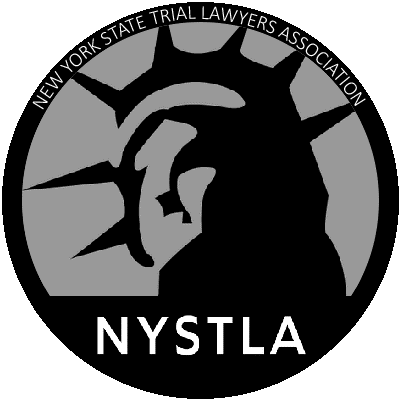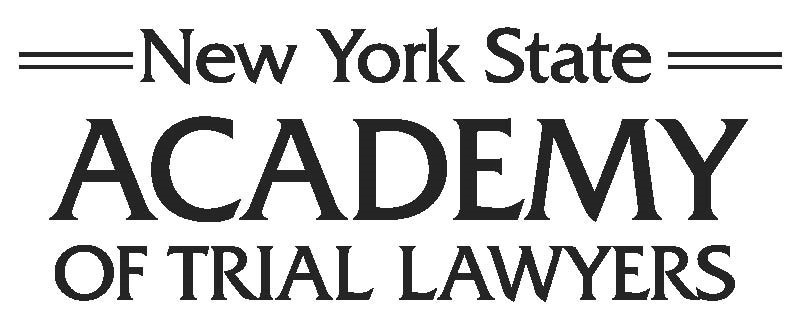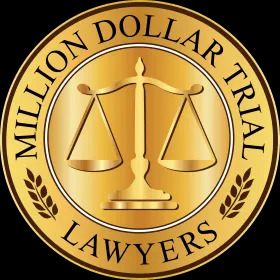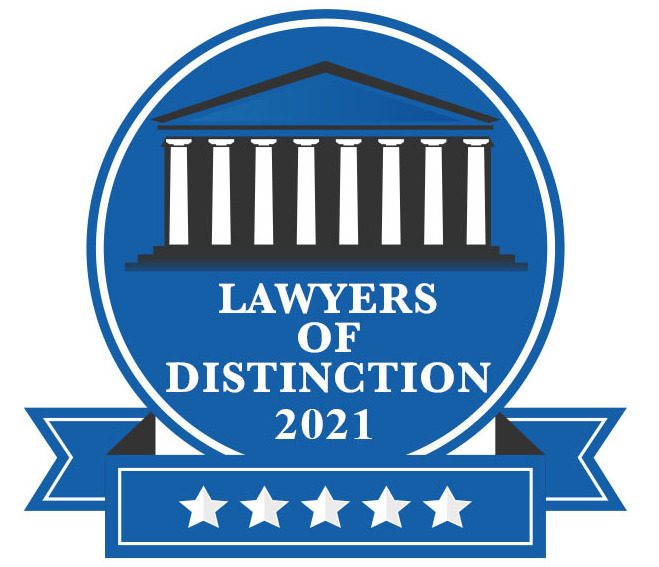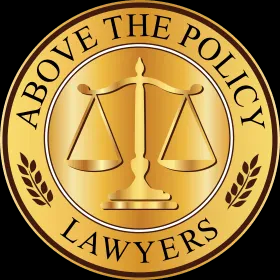Elevator Accidents
NEW YORK ELEVATOR ACCIDENT LAWYERS
PROSECUTING & FIGHTING FOR ELEVATOR INJURY VICTIMS IN NEW YORK STATE
It is estimated by the New York City Department of Buildings, that there are more than 80,000 elevator devices under watch and approximately 60,000 are passenger elevators. On average, these elevators complete about 35 million passenger trips every single day. Fortunately, New York has numerous local laws governing the installation, inspection, and maintenance of these elevators. However, when elevator maintenance companies, building owners, general contractors, and other responsible parties fail to comply with the applicable laws and safety standards, serious accidents can happen.
If you suffered an injury while working on or riding in an elevator, we urge you to explore your legal options by contacting the Law Offices of Brian P. Wright & Associates, P.C. as soon as possible. Our skilled New York City attorneys have an excellent track record in litigating elevator accident cases.
TYPES OF ELEVATOR ACCIDENTS:
Every year, nearly 30 people die in elevator accidents and 17,000 are left seriously injured in the U.S. In New York, more than 20 people have died in elevator accidents since 2010. New York City has the largest number of elevators in the country, therefore, it is absolutely necessary that they are properly maintained and serviced for passengers. When an accident does happen, victims should know that they have options moving forward. As one of New York’s premier personal injury law firms, the Law Offices of Brian P. Wright & Associates, P.C. handles different types of elevator accident cases. These may involve:
- Sudden acceleration or deceleration
- Misleveling, or the elevator failing to line up with the building floor
- Becoming caught in the elevator door
- Injuries caused by manually operated hoists on construction sites
- Falling down an open elevator shaft
- Being trapped in the main elevator compartment
- Being crushed between the elevator wall and the car
- Defective governors
- Improper maintenance of the hoist cable
- Bypassing the interlock circuit
- Safety device failures
- Wet floors, causing slip and fall accidents
- Manufacturing
Elevator accidents can result in very serious injuries, including spinal fractures, herniated discs, concussions, brain damage, broken bones, and even death. Injury victims need an attorney that knows the laws inside and out, understands the rights of elevator workers and passengers, and has the tools to maximize financial recovery.
Construction workers are placed at a significant risk for elevator accidents. The rate of elevator-related deaths among construction workers doubled from 2003 to 2016, reaching a peak of 37 deaths in 2015. More than 50 percent of these fatalities were from falls, the overall leading cause of fatal accidents in the construction industry. In addition to falls, workers are severely injured by elevators in caught-in accidents, crushed-by accidents, struck-by accidents, and even electrocutions. These accidents most commonly affect the workers who build and deconstruct elevator devices, followed by those who perform repairs and maintenance.
Notably, the majority of elevator-related deaths affected workers younger than 35 years of age. This brings to question the quality of training that younger workers receive before being assigned to work on elevator systems. Construction companies have a duty to ensure that all construction workers hired to work on elevators have received proper training and safety protection, including personal fall arrest systems. If workers are not provided with a safe work environment and are injured as a result, they may have a legal right to compensation.
NEW YORK CITY ELEVATOR REGULATIONS
In New York City, the DOB enforces rules and regulations regarding elevator inspections, maintenance, reports, etc. Those responsible for elevator devices, such as property/building owners, building maintenance groups, landlords, contractors on construction sites, and others are required to adhere to these guidelines. If they do not, they may be held liable for any accidents caused by their negligence.
All elevators within the five city boroughs must be inspected twice annually by a contracted inspection agency. Generally, these inspections are done spontaneously with no prior warning given to the building owner. For maintenance, building owners must have an active maintenance contract with an approved elevator agency. This agency is responsible for providing repairs, maintenance, and replacements. According to the NYC Construction Code, maintenance contracts should include a Maintenance Control Program (MCP) based on the maintenance protocol specified by the specific elevator manufacturer. Additionally, building owners must keep a detailed maintenance log that describes all maintenance performed on elevators.
In multiple unit dwellings, residents must be notified at least 10 days in advance of any elevator maintenance work. These notices should specify the type of work being done on the elevators. Permits are required for any work done.
According to the DOB’s Guide, the most common violation is a failure to maintain an elevator, which are violations issued when a defect is found during testing. If an owner receives a violation, they have 10 business days to fix the defect or potentially face a criminal court summons. A property or building owner’s failure to fix an issue that they are aware of is negligent behavior.
FILING AN ELEVATOR ACCIDENT LAWSUIT IN NEW YORK
Elevator accident lawsuits are complex. Depending on the circumstance, different local and federal laws apply to the case. For example, New York enacted specialized laws designed to protect construction site workers who often operate manual hoists. There is a statute of limitations, or window in which you can file an injury claim, for elevator accident injuries. Generally, accident victims have three years from the date of the accident to file a claim.
Elevator injury lawsuits can be filed against multiple parties, including the elevator repair company, property/building owners, companies, homeowner associations, developers, and other parties responsible for failing to ensure safety on elevators. These parties can be sued for damages including, but not limited to:
- Medical expenses
- Rehabilitation
- Loss of wages
- Reduced earning capacity
- Pain and suffering
A lawyer experienced in litigating elevator accident cases will collect evidence such as security footage inside the elevator, inspection data, maintenance logs, service reports, medical records, and other relevant information to help juries and insurance companies recognize the impact that a serious accident can have on the victim’s life.
CONSULT AN ELEVATOR INJURY ATTORNEY TODAY
If you or a loved one were seriously injured in an elevator-related accident, you can learn more about your rights and options today by speaking with a qualified attorney.
The attorneys at the Law Offices of Brian P. Wright & Associates, P.C. have a proven track record of million dollar awards and settlements. If you or you loved one has been seriously injured in an elevator accident, our attorneys will work endlessly to fight for the maximum compensation you are due.
NO FEE UNLESS WE WIN YOUR CASE
We give all our elevator accident clients a promise that if we do not recover monetary damages in your case, we will not charge you an attorney fee. If we take your case, we only get paid if we win your case.
If you have been injured in a elevator related accident, contact us for a free initial consultation. There is no fee unless we are successful. Call 347-886-9472 or fill out our contact form for a FREE no obligation legal case evaluation. Our lawyers provide free legal advice to premise liability victims.
To discuss your case with a personal injury lawyer established in elevator accident lawsuits, please call 347-886-9472. We serve all of New York, including Manhattan, Bronx, Queens, Brooklyn, Long Island, Rochester, Albany, and Buffalo.



